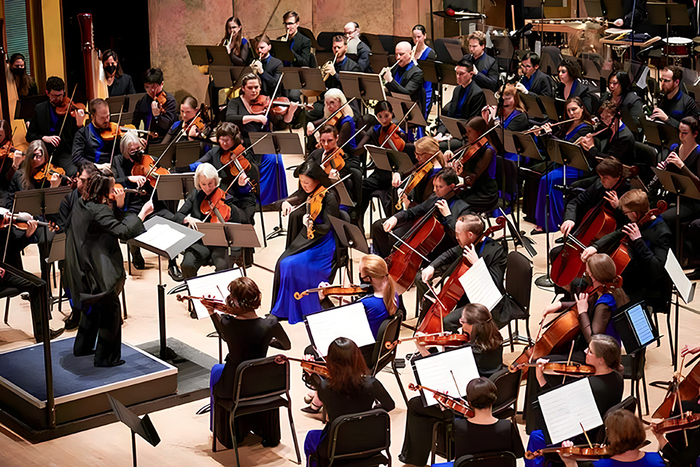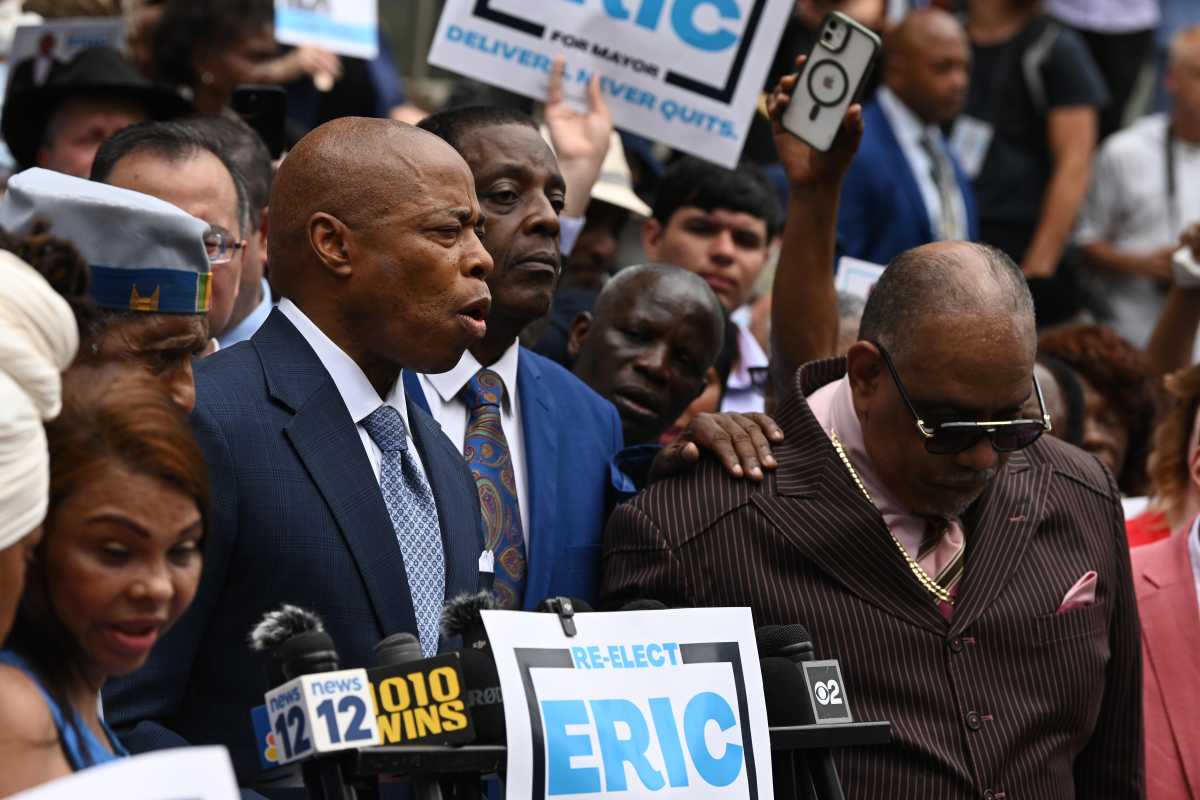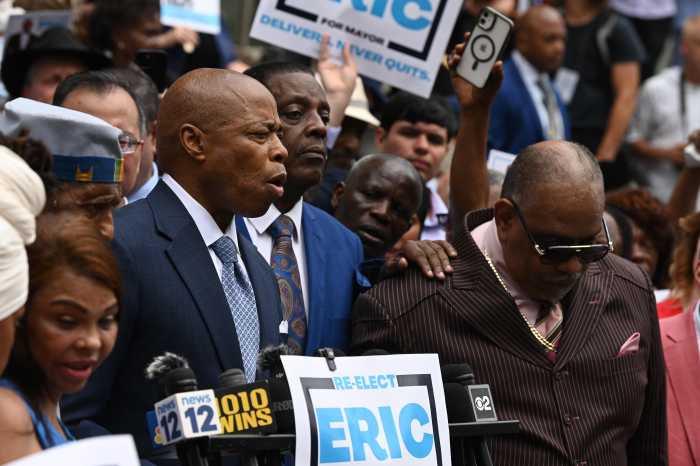A few weeks ago, the federally-run National Assessment of Educational Progress issued its latest “report card” on civics education in the United States. You get a sense of what it found from The New York Times headline: “Civics Education Called National Crisis.”
Most media coverage of the report focused on students’ precarious knowledge of our system of government. While fourth graders seem to have made progress over previous years, just a quarter of high school seniors, the report noted, showed proficiency in the basics of civic life. An alarming percentage of eighth graders proved ignorant of such core constitutional notions as checks and balances, and majorities of 12th graders could not identify the use of the Census or knew which level of government to approach in order to influence public policy.
The report assessed not only students’ knowledge of civics, but also their civic skills. Being a citizen, the survey’s designers stressed, involves more than just knowing history. So, students were asked for ideas about improving voter participation; only a fifth could come up with an answer. And the survey outlined a problem students might encounter at school, then asked how students might resolve it cooperatively; just under half gave an acceptable answer.
Citizenship requires both knowledge about government and the ability to be involved in governance. It means knowing how to identify and inform yourself about issues, explore and evaluate possible solutions, and then act to resolve problems. It demands that you know how to interact respectfully with others. And it asks that you accept responsibility for meeting your community’s and the nation’s challenges.
This is asking a lot of citizens in our divided and contentious modern democracy. That’s because the prevailing winds blow hard against using these skills. The Pew Research Center for People and the Press recently released a report noting that a majority of registered voters “prefer elected officials who stick to their positions” over those willing to compromise with people with whom they disagree — even though accommodating various points of view is a requirement for making our large and diverse republic work.
And what of being able to sort out the difference between facts and slogans, between the trivial and the consequential? Surely those are skills you’d want both political decision-makers and the average citizen to possess. Yet discerning spin and misrepresentation requires another trait that seems hard for us to acquire: a willingness to seek out media sources with which we don’t agree. It is possible these days to limit your reading and viewing solely to news and analysis that reconfirm what you already believe. True citizenship asks us to be willing to hear what a broad range of thinkers and arguers have to say, so we can learn from them, come to our own conclusions, and work to build solutions.
If the survey is right, our schools must strive to do a better job of exposing students to the habits that would help build basic civic skills. Then it is up to each of us to refine these skills by plunging into the public arena.
Only by spending time with people who think differently, learning how to listen to them and to seek common ground, do we truly learn what it takes to make a diverse republic work. It’s only part of the equation to learn about the structure of government and civic involvement in school. To fulfill the role of citizen we must take personal responsibility for deploying our civic skills to make our neighborhoods and communities better places to live. “The only title in our democracy superior to that of President is the title of citizen,” Justice Louis Brandeis once said. True, but only if we use our civic skills to deserve it.
Lee Hamilton is director of the Center on Congress at Indiana University. He was a member of the U.S. House of Representatives for 34 years.






















